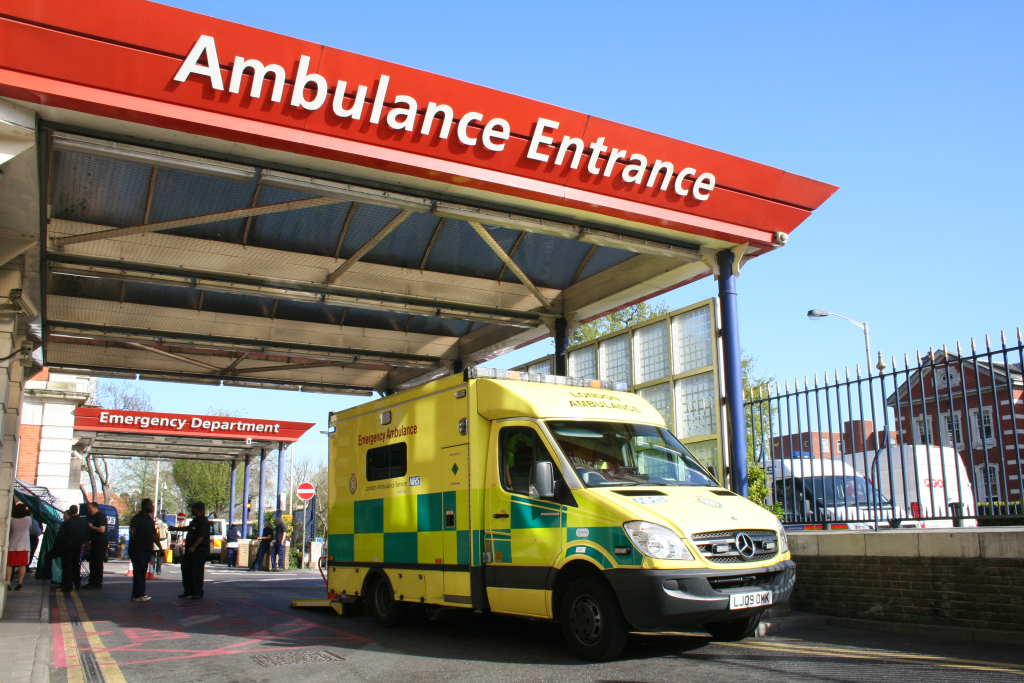15 years of major trauma at King’s
03 April 2025 - London Trauma System saves four lives per week

Today (3 April 2025) marks 15 years since King’s College Hospital became a designated Major Trauma Centre, dealing with the most serious injuries and life-threatening conditions.
The specially trained trauma team King’s – including doctors, nurses, surgeons, physiotherapists and a range of other healthcare professionals – is available 24 hours a day, seven days a week to provide patients with the highest levels of timely care following road traffic accidents, falls and other time-critical medical emergencies.
King’s College Hospital is part of the London Trauma System and is the designated Major Trauma Centre for South-East London, Kent and Medway. Princess Royal University Hospital, which is part of the same Trust, is a Trauma Unit within the network.
Adults and children from across this region who require specialist trauma care are urgently transferred to King’s by road or air for treatment, bypassing other hospitals not equipped to deal with such severe injuries. There are four networks in London covering north-west, north-east and south-west of the city and adjacent counties.
Traumatic injury is the biggest killer of people under at the age of 40 and the greatest cause of permanent disability.
Each year in the UK up to 17,000 people die from road traffic collisions, interpersonal violence or falls from height, but thanks to advancements in trauma care and trauma networks, survival outcomes are improving.
One patient who has benefitted from trauma care at King’s is 12-year-old Ryan Sinclair who suffered life-threatening injuries after he was knocked down by a car.
Ryan, from Folkestone in Kent, was transferred to the Emergency Department at King’s College Hospital after the incident left him with two skull fractures, a build-up of blood on the surface of his brain (subdural haematoma), and a fractured pelvis.
Following care from the trauma team, including three days in intensive care, Ryan was moved to onto a ward to begin his rehabilitation, and has now returned home to continue his recovery.
Cheryl Dudley, Ryan’s mother, explained: “Everyone who helped look after Ryan has been absolutely amazing and we are just so grateful to everyone who helped save my son’s life. This experience is every parent’s worst nightmare, but there have been so many incredible people who did their best for Ryan. Without them, he would not be here today.”
Dr Malcolm Tunnicliff, Emergency Medicine Consultant and Clinical Director for Major Trauma at King’s College Hospital, said: “We often see patients when they are at their very worst, and unfortunately Ryan had a number of serious injuries. When he was admitted, we were uncertain if he would make a good recovery, and it is wonderful that he has now returned home to his family.”
